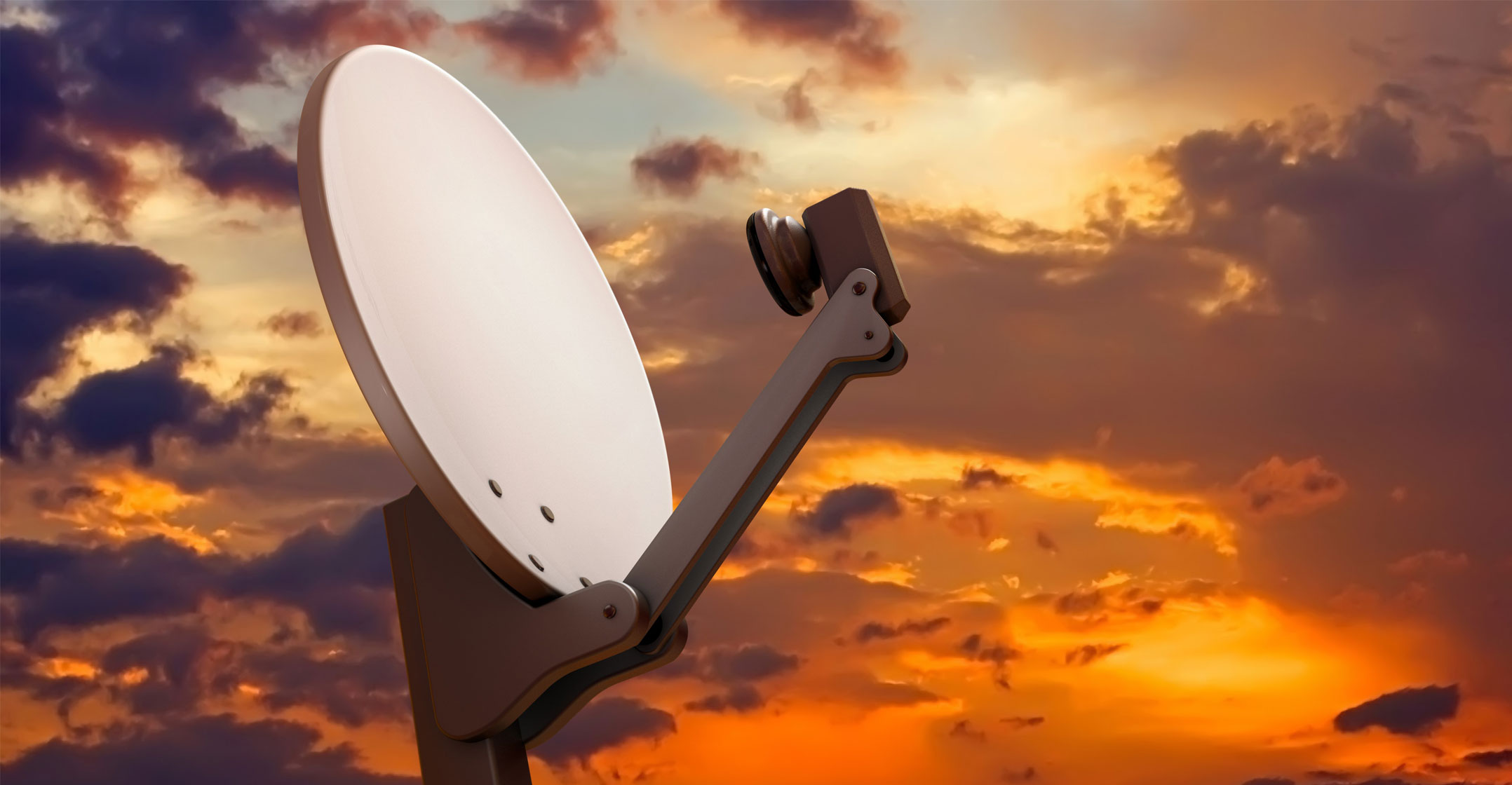
With communications regulator Icasa set to hold public hearings into the subscription television market in South Africa next week, DStv parent MultiChoice has said a lack of new competition in the direct-to-home (DTH) satellite TV market is not its fault and is not indicative of ineffective competition.
In a detailed, 604-page written submission to Icasa, the Naspers subsidiary said a closer examination of why other licensees — including Telkom Media — failed shows it was not the result of competition concerns and MultiChoice’s dominance in the pay-TV industry but rather a “mix of strategic business choices made by the shareholders of some of those licensees” as well as bidders being poorly resourced and inefficient, coupled with regulatory failure.
Turning to specific competitors which ran into trouble, MultiChoice said the launch by On Digital Media of Top TV (now StarSat) was the result of “numerous operational deficiencies” in ODM’s business model, resulting in it going into business rescue in 2012.
“In early 2013, StarTimes, owned by a well-resourced multinational Chinese company, acquired a stake in the company, and the pay-TV service was rebranded StarSat. However, the business continued to experience various problems, identified by commentators and subscribers as a lack of a differentiated service, poor marketing, poor broadcast quality, changes to channel line-up without adequate communication to subscribers, poor customer service and complaints handling, lack of funds, reputational damage and regulatory delays,” MultiChoice said.
Telkom Media, meanwhile, failed to launch a pay-TV service because of a change in business strategy by parent Telkom, it said.
“Telkom decided to divest (of) Telkom Media and focus instead on its core business, which at the time was experiencing numerous challenges. Shenzhen Media (whose shareholders included a Chinese company with significant financial resources) subsequently bought Telkom’s shares in Telkom Media, whose name was changed to Super5. However, Super5 failed to launch a pay-TV service, due largely to the mismanagement of funds, regulatory delay and shareholder disputes,” it added.
Turning to e.tv sister company e.Sat’s decision not to launch a pay-TV service, despite showing keen interest, MultiChoice said the company pulled out of the race after seeing the number of new subscription platforms Icasa intended licensing.
OpenView
“Following Icasa’s issuing of five licences after the first round of licensing, the eMedia Group (e.Sat’s parent) announced its decision to rather focus on content aggregation and channel supply. It is, however, noteworthy that a sister company to e.Sat has subsequently launched a free-to-air TV service on the DTH (satellite) platform, OpenView, which has been hugely successful, and which has the potential of becoming a pay-TV service in the future.”
Siyaya Television, meanwhile, failed because of “deficiencies” in its business plan as well as inadequate funding, while Walking on Water Television’s plans were scuppered by the regulator, MultiChoice said.
Far from being an uncompetitive market, the broadcaster argued in its submission that the environment has changed fundamentally in the past five years with the advent of streaming services such as Netflix and Amazon Prime Video. The market has changed “dramatically, rapidly and irreversibly”, it said in its submission.
“Consumers now have an extremely large array of electronic audio-visual content to choose from, which can be viewed whenever and wherever they want — not only on TV sets, but also on a wide range of mobile devices, including smartphones, tablets or PCs. As a consequence, traditional free-to-air TV and particularly pay-TV services in South Africa are under threat. They are having to compete with global giants whose electronic audio-visual services are available in South Africa, such as Netflix, Amazon Prime Video, Apple, Google/YouTube and Facebook; local players such as Kwese Play; and all the large domestic telcos, which are launching their own audio-visual services.”
MultiChoice is expected to make an oral presentation at Icasa’s hearings on Friday, 11 May. — © 2018 NewsCentral Media

